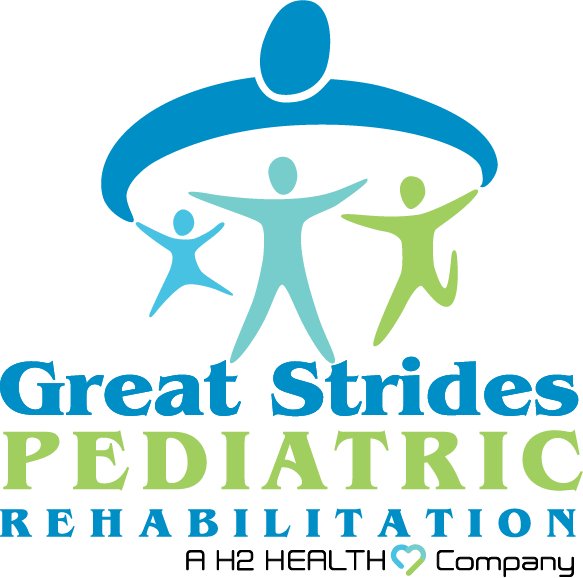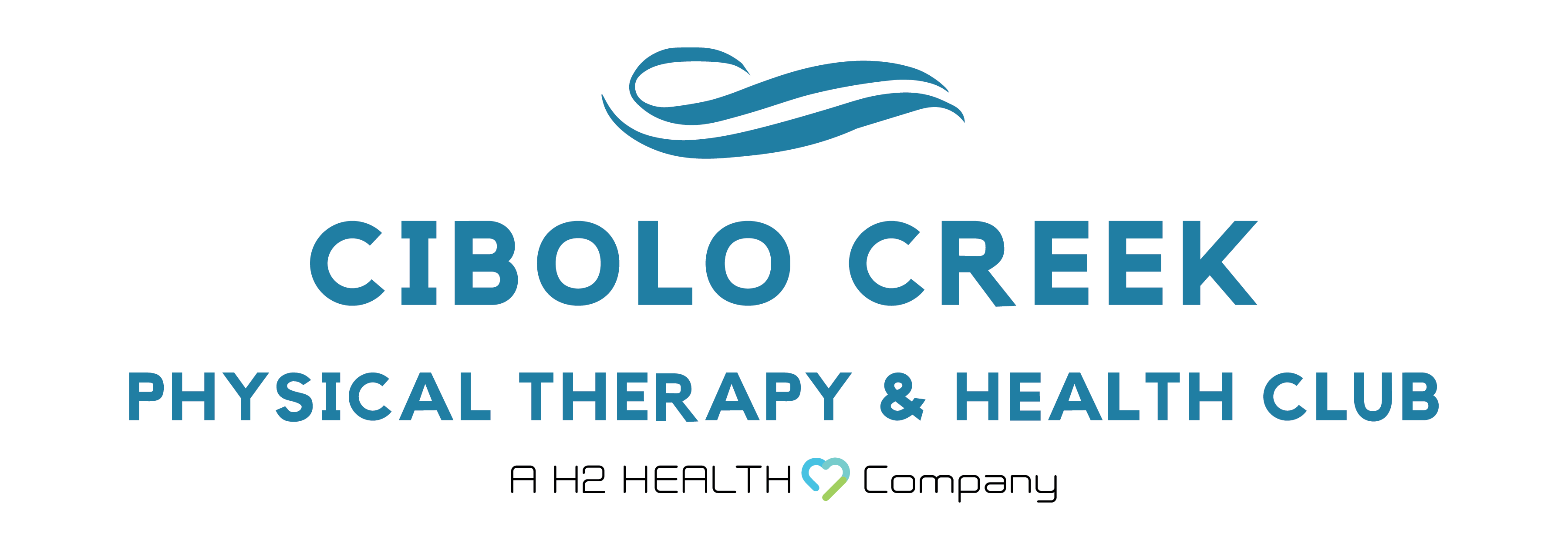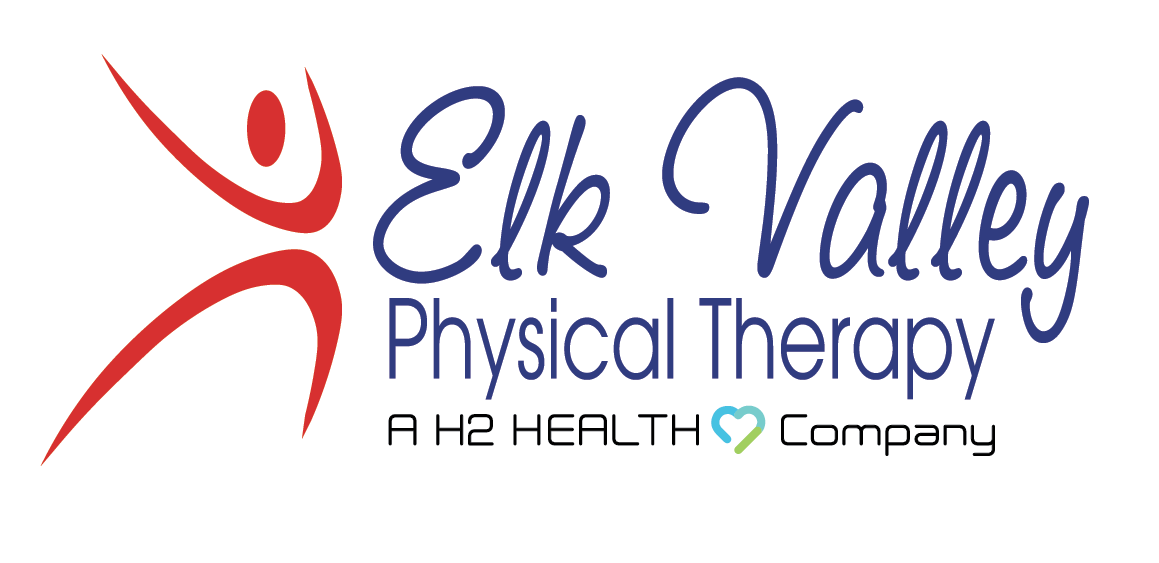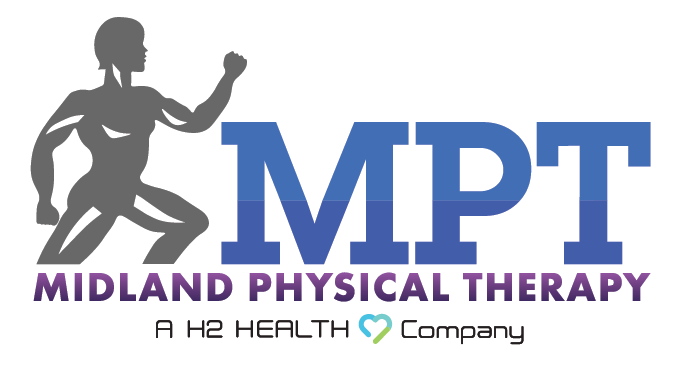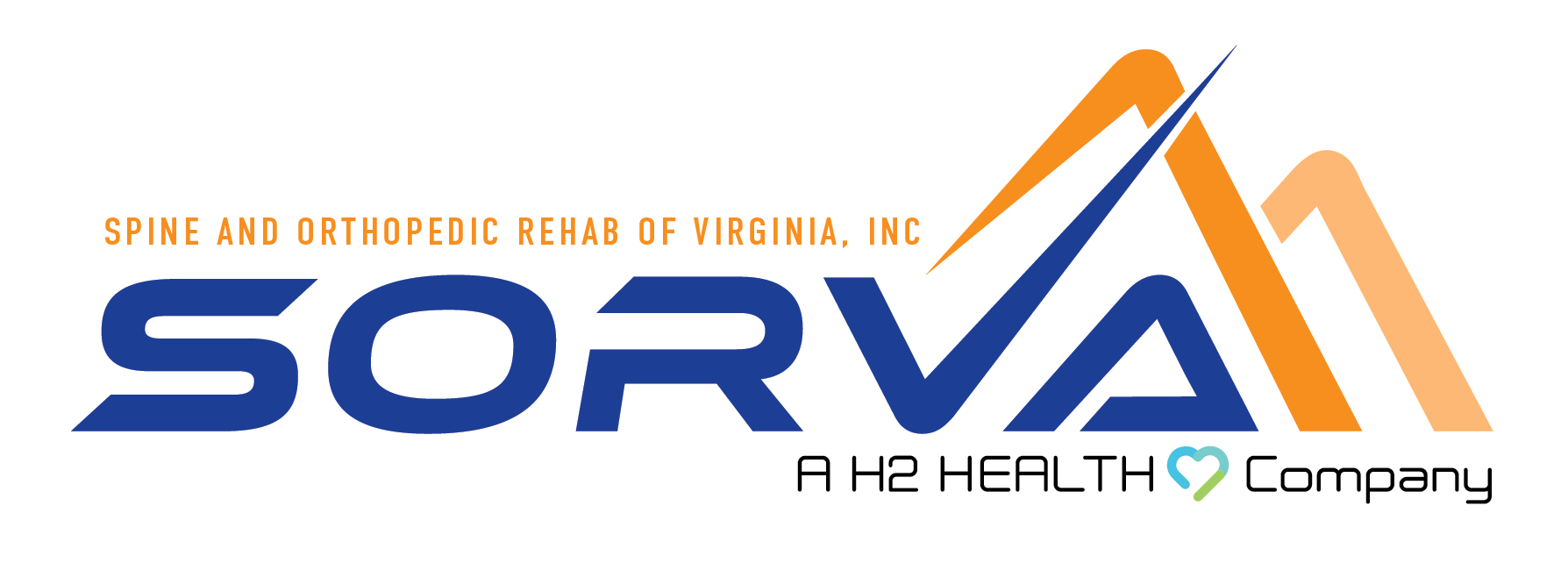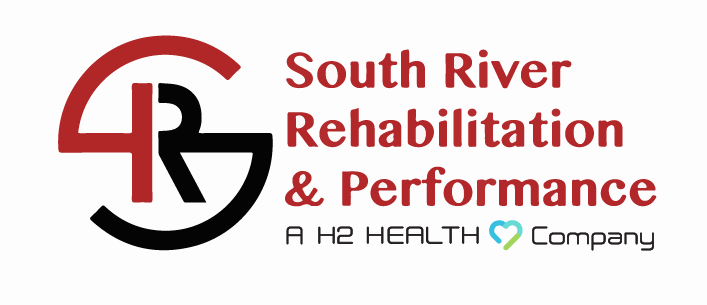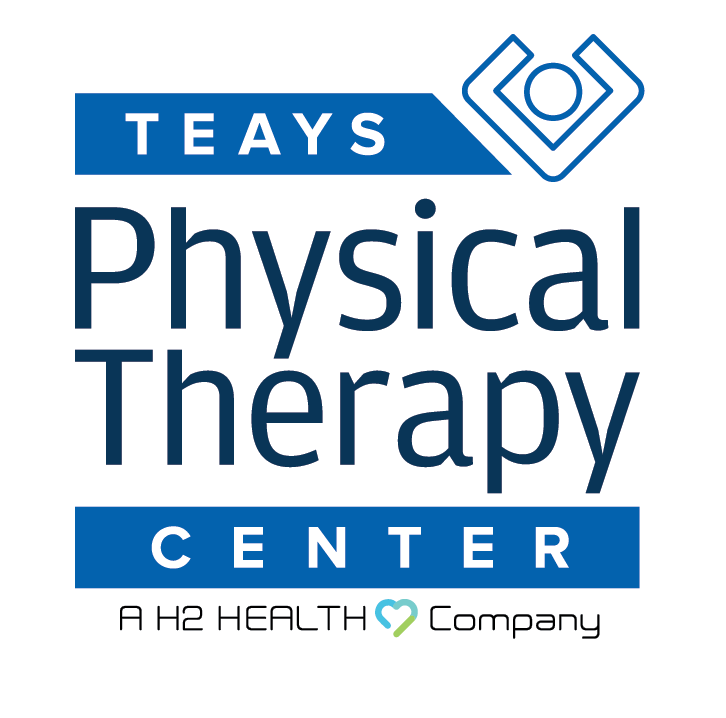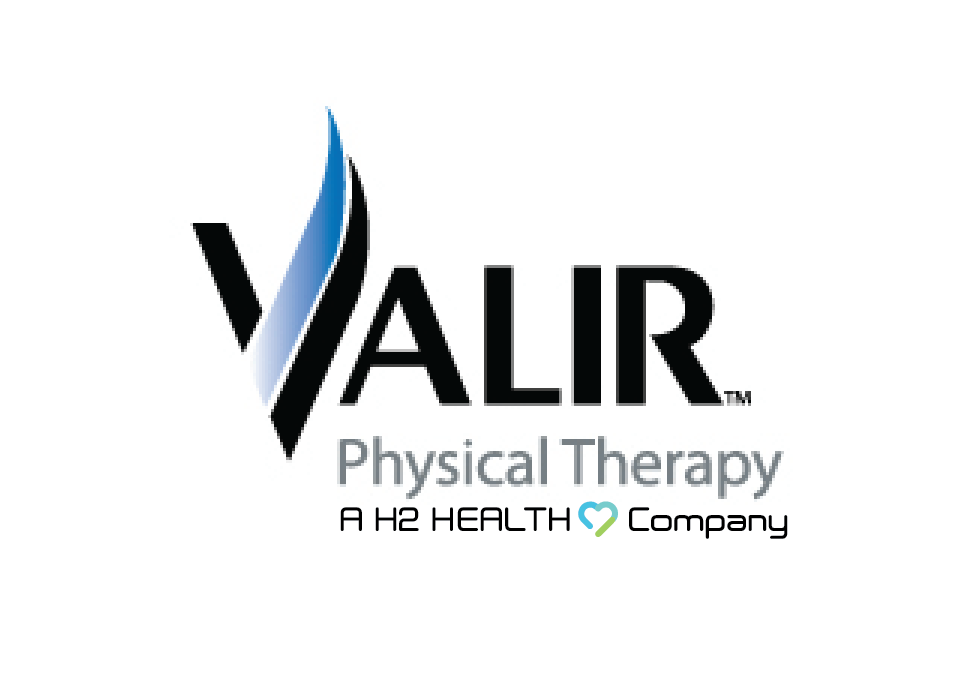
The Importance of Nutrition for People with Dementia
Dementia is a progressive neurological condition that affects cognitive function and daily living activities. Proper nutrition plays a crucial role in supporting the health and well-being of individuals living with dementia. This
blog is a great resource of diet suggestions for people with dementia. The best nutrition for patients with dementia involves a balanced diet that supports overall health and addresses specific nutritional needs associated with the condition. Here are some key considerations for designing a nutrition plan for patients with dementia:
- Balanced Diet
- Hydration
- Omega-3 Fatty Acids
- Antioxidant-Rich Foods
- Fiber
- Protein
- Texture-Modified Foods
- Supplements
- Consistency and Routine
- Individualized Approach
Nutritional Needs of Patients with Dementia:
Patients with dementia have unique nutritional needs due to various factors such as changes in metabolism, appetite, and dietary preferences. According to research by Gillette-Guyonnet et al. (2013), individuals with dementia may experience alterations in taste and smell perception, leading to decreased appetite and altered food preferences. Additionally, chewing and swallowing difficulties, known as dysphagia, are common among dementia patients and can affect their ability to consume solid foods.
Impact of Dementia-related Symptoms on Nutritional Intake:
Dementia-related symptoms such as forgetfulness and confusion can also impact nutritional intake. Patients may forget to eat or drink, leading to inadequate nutrient intake and dehydration. According to a study by Gillette-Guyonnet et al. (2000), cognitive impairment is associated with a higher risk of malnutrition among older adults, highlighting the importance of addressing nutritional needs in dementia care.
Assessment of Nutritional Status:
Assessing the nutritional status of patients with dementia is essential for identifying any deficiencies or malnutrition early on. Various tools and methods can be used for this purpose, including nutritional screening tools, dietary assessments, and physical examinations. The Mini Nutritional Assessment (MNA) is a widely used tool for assessing the nutritional status of older adults, including those with dementia (Vellas et al., 1999).
Nutritional Interventions:
Evidence-based nutritional interventions can help address the specific needs of patients with dementia and support their overall health and well-being. Individualized meal plans, texture-modified diets, and oral nutritional supplements are commonly recommended strategies. A study by Simmons et al. (2016) found that providing oral nutritional supplements to patients with dementia improved their nutritional intake and reduced the risk of malnutrition.
Environmental Considerations:
Creating a supportive dining environment is crucial for promoting adequate food and fluid intake among patients with dementia. Environmental factors such as the dining environment, mealtime routines, and social interaction during meals can influence nutritional intake. According to a study by Chen et al. (2019), environmental modifications such as improved lighting and visual cues in dining areas can enhance the dining experience for individuals with dementia and encourage better nutritional intake.
Caregiver Support and Education:
Caregivers play a vital role in supporting the nutritional needs of patients with dementia. Providing education and support to caregivers on meal planning, preparation, and strategies to overcome common feeding challenges is essential. A study by Keller et al. (2003) emphasized the importance of caregiver education in improving the nutritional intake of patients with dementia living in memory care facilities.
Addressing the nutritional needs of patients with dementia is essential for maintaining their health and well-being. Evidence-based strategies such as individualized meal plans, texture-modified diets, and environmental modifications can help optimize nutritional intake and improve outcomes for individuals living with dementia.
Remember, these strategies are meant to be flexible and tailored to the individual needs of each resident with dementia. Seeking guidance from healthcare professionals and support from caregiver networks can further enhance independence for people with dementia. By implementing these strategies and seeking support from medical professionals who provide preventative medicine, you can ensure your loved ones have the tools they need to be as independent as possible. H2 Health helps people with dementia stay upright and healthy through specialized physical, occupational, and speech therapy services in their home. We work on exercises and stretches that prevent falls before they happen. To learn more, call (904) 618-3778 or email seniorservicesfl@h2health.com.
For more resources, check out the Alzheimer’s Society.
Sources:
- Alagiakrishnan, K., Bhanji, R. A., Kurian, M., & Evaluation, S. M. (2013). Dysphagia in Dementia: An Overlooked and Undertreated Problem. Journal of the American Medical Directors Association, 14(3), 178-181.
- Chen, C. C. H., Li, H. C. W., Liang, J. M. C., & Lin, L. C. (2019). The effectiveness of environmental modifications for improving nutritional intake in older adults with dementia: a systematic review and meta-analysis. Journal of Advanced Nursing, 75(8), 1573-1585.
- Gillette-Guyonnet, S., Nourhashémi, F., Andrieu, S., Cantet, C., Albarede, J. L., Vellas, B., & the REAL.FR Group. (2000). Weight loss in Alzheimer disease. American Journal of Clinical Nutrition, 71(3), 637S-642S.
- Gillette-Guyonnet, S., Secher, M., Vellas, B., & the REAL.FR Group. (2013). Nutrition and neurodegeneration: epidemiological evidence and challenges for future research. British Journal of Clinical Pharmacology, 75(3), 738-755.

